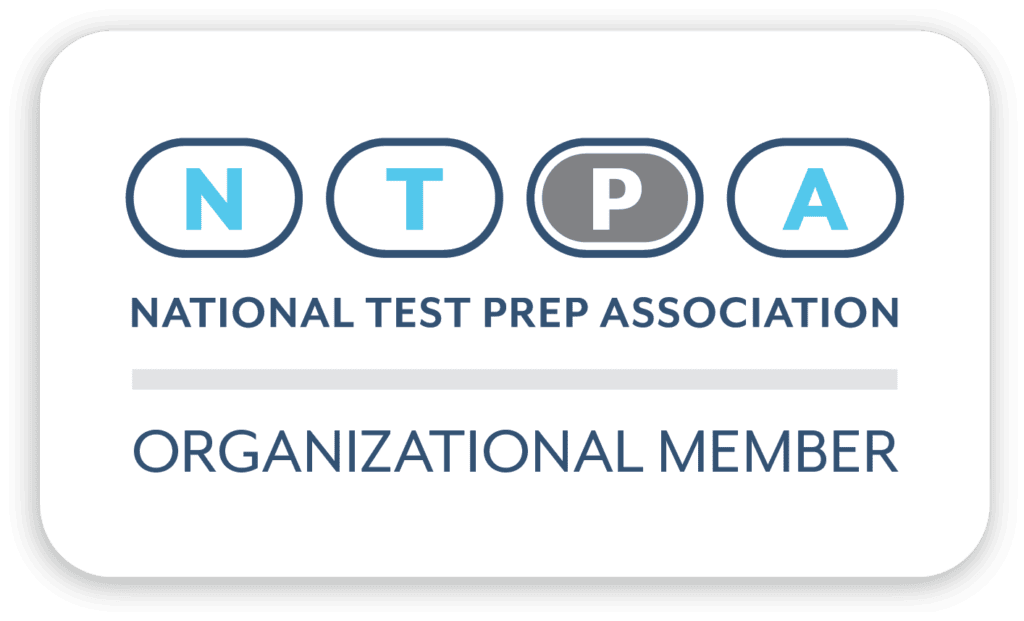Before sitting down for a family discussion, try gathering your thoughts in writing. You’ll want to take full advantage of all-too-limited family talk time. Suggest that your teens do the same. They too will see the benefits of being “prepared for a meeting.”
Once in the conversation, consider opening the dialogue with your own positive reflections. Teens have lots of negative self-talk–as do many adults–and by focusing on the positive first, you’ll give them permission to compliment themselves. Even if it’s just a reduced number of days with forgotten gym bags or band instruments, there will have been growth and success that can be celebrated.
Finally, model good listening. Ask mirror questions like, “So am I right in hearing that you feel …?” Everyone hungers to be heard and understood.
Here are some ideas for topics of conversation:
Habits. What good habits worked over the past months? What not-so-good habits hindered success?
Goals. What are some reasonable goals for the next few months? Agree on some and write them down, too.
Regular family time. Can the family resolve to find a good time each day to connect in a meaningful way? Put it on the calendar for the first few weeks; it will become a daily habit.
Support networks. Whose names belong on a list of those any member of the family can turn to for help when needed? Reliable peers’ and tutors’ numbers should be on the fridge.
Not-the-911 plan. Agree on ways to head off emergencies before they occur. Work on material or projects with a tutor ahead of time, not at the 11th hour: Draft papers early to review for revision, review material from last semester that isn’t fully mastered, preview material that’s coming up–all work that can be done with a teacher or tutor.
Collaborators. Working together is motivational. Just like a gym buddy helps get you to the weight machines, a study partner or group helps students stick to their study plan, and challenge one another to understand the material better.
Planners. Regular planners are helpful, but specialized academic ones are better (students who could improve executive function should try one by Peg Dawson, The Work-Smart Academic Planner). Academic tutors and executive functioning coaches can help students identify individualized strategies.
Screen time. How often and at what times of day can every member of the family turn off all devices? Not easy, but worth it.
Healthy foods or activities. Create lists of both, or schedule healthy meals and activities on the family calendar and individual planners. Did we ever think it would come to this? But it has–take action.
Intentions. Here is another opportunity to write things down. Later in the semester, the family can regroup to review and celebrate more successes!
Voltaire is credited with the aphorism: “Perfect is the enemy of the good.” Who is to say he didn’t take it from a family conversation?
By Lisa E. Paige, PhD






